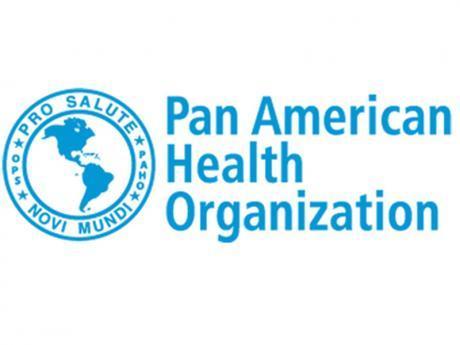PAHO urges region to prepare for early detection of coronavirus
The Pan American Health Organization is urging countries in the Caribbean and Latin America region to be prepared for the early detection and isolation of persons infected who may be travelling from affected countries with the deadly coronavirus.
PAHO says up to January 24, there were some 846 confirmed cases of infection by the Novel Coronavirus (2019-nCov) globally, including 830 cases from China. Some 177 of those cases were severe and 25 people died. Of the confirmed cases, 80 per cent were people over the age of 40 and 64 per cent were men.
PAHO says other four cases have been reported in Thailand; two each in Japan, Hong Kong, the Republic of Korea and Macau and one in Singapore. In the Americas, the United States has confirmed two cases of travellers from China, while other countries have ruled out or are investigating suspicious cases.
PAHO Director, Carissa Etienne says health services in the Americas must be prepared to detect early, as they are likely to be the entry points where new cases will be identified.
"PAHO stands ready to support them because detecting cases early can prevent the spread of the disease," she said. She was speaking at a PAHO briefing for ambassadors of the Americas to the Organization of American States (OAS) in Washington in the United States.
She noted that in Wuhan, China, where the outbreak began, health workers were one of the affected groups, which placed health services there under pressure. Against that background, she stressed the importance of the awareness and training of health personnel in the region and promoting the use of infection prevention equipment to protect them from disease.
Etienne said PAHO has activated its incident management system, and that since the start of January the organisation has shared information with ministries of health through the International Health Regulations channel and through its country representatives. She said PAHO will continue to update information on what countries can do to effectively respond to the coronavirus, about which there is still uncertainty.
The World Health Organisation has not declared the outbreak a public health emergency globally at this time, however, it notes that it is an emergency in China and that it poses a high risk at the regional and global levels.
"The fact that WHO has not declared an emergency does not mean that we are not facing a major public health challenge," said PAHO Assistant Director Dr Jarbas Barbosa.
"With globalization and international travel, it's not unexpected that countries in the region can receive people with the virus," he said. "Having an imported case is not the same as having local or sustained transmission in a country," he added.

